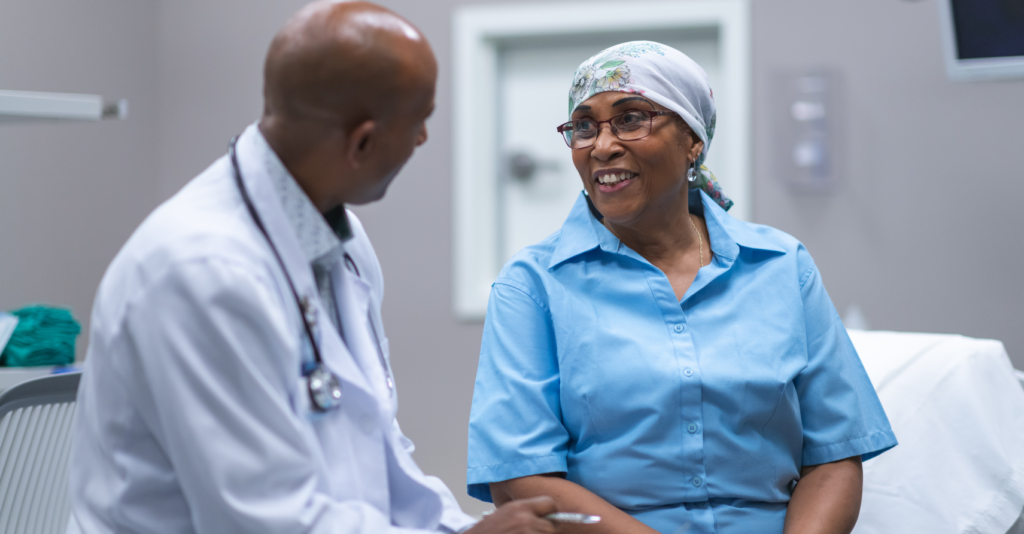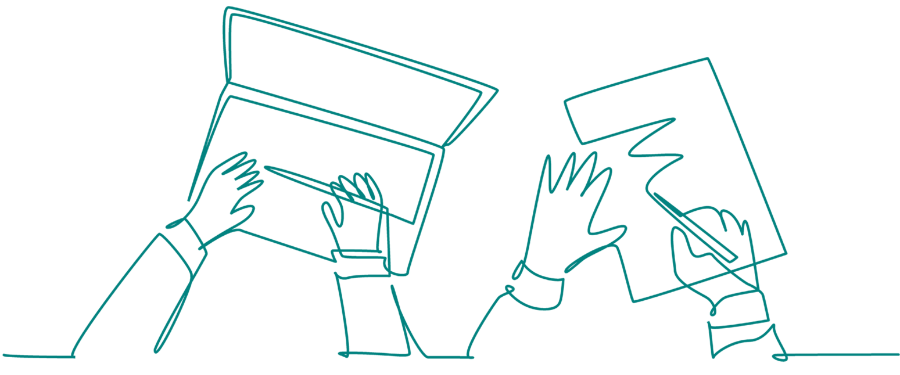
Pancreatic cancer happens when cells in the pancreas get changed. Each cell has instructions in its DNA that tell it when to grow, when to make new cells, and when to die. But in cancer cells, these instructions get messed up. This makes the cancer cells grow faster and live much longer than healthy cells. Because of this, there are too many cells in the pancreas, and a tumor can form.
General symptoms include:
- Stomach ache or back pain, because the tumor may push on nerves
- Unexplained weight loss
- Feeling full without eating much
- Jaundice (yellow color of skin or eyes) if the tumor is blocking a bile duct
- Upset stomach, nausea or bloating because digestion is not working right due to changes in the pancreas’ function
- Light-colored bowel movements or dark-colored urine
- Feeling tired or weak
- Itching
- Diabetes harder to control
Risk factors that may increase your chance of developing pancreatic cancer include:
- Older age
- Smoking
- Obesity
- Diabetes
- Family history
- Certain genetic syndromes
Expert Tips:
- Get information about choosing a pancreatic specialist or treatment center
- Talk with loved ones about how they can help you
- Find out what your insurance covers
- Find out if you have any specific mutations and how that relates to treatment
- Talk openly with your doctor about your fears or concerns
- Determine if financial assistance is available
Provides digital literacy skills training with a series of easy-to-follow video modules, coupled with resource guides to educate you on technology and online support tools.
Having cancer or caring for someone with cancer can feel really lonely and extremely isolating. We created PEN-Powered Activity Guides to help you cope, relax, and, hopefully, feel a little less overwhelmed.


